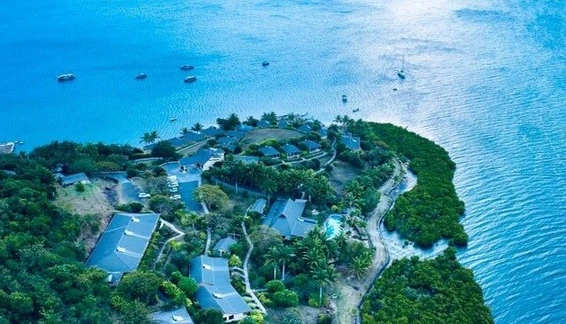Dive Destinations
Liveaboards
All Departures
Australia
Great Barrier Reef
Bahamas
Belize
British Virgin Islands
Cayman Islands
Cocos
Djibouti
* Dominican Republic
Fiji Islands
Galapagos
Honduras
Indonesia
Komodo Island
Raja Ampat
Malaysia
Sipadan
Resorts / Day Trips
Scuba Training











